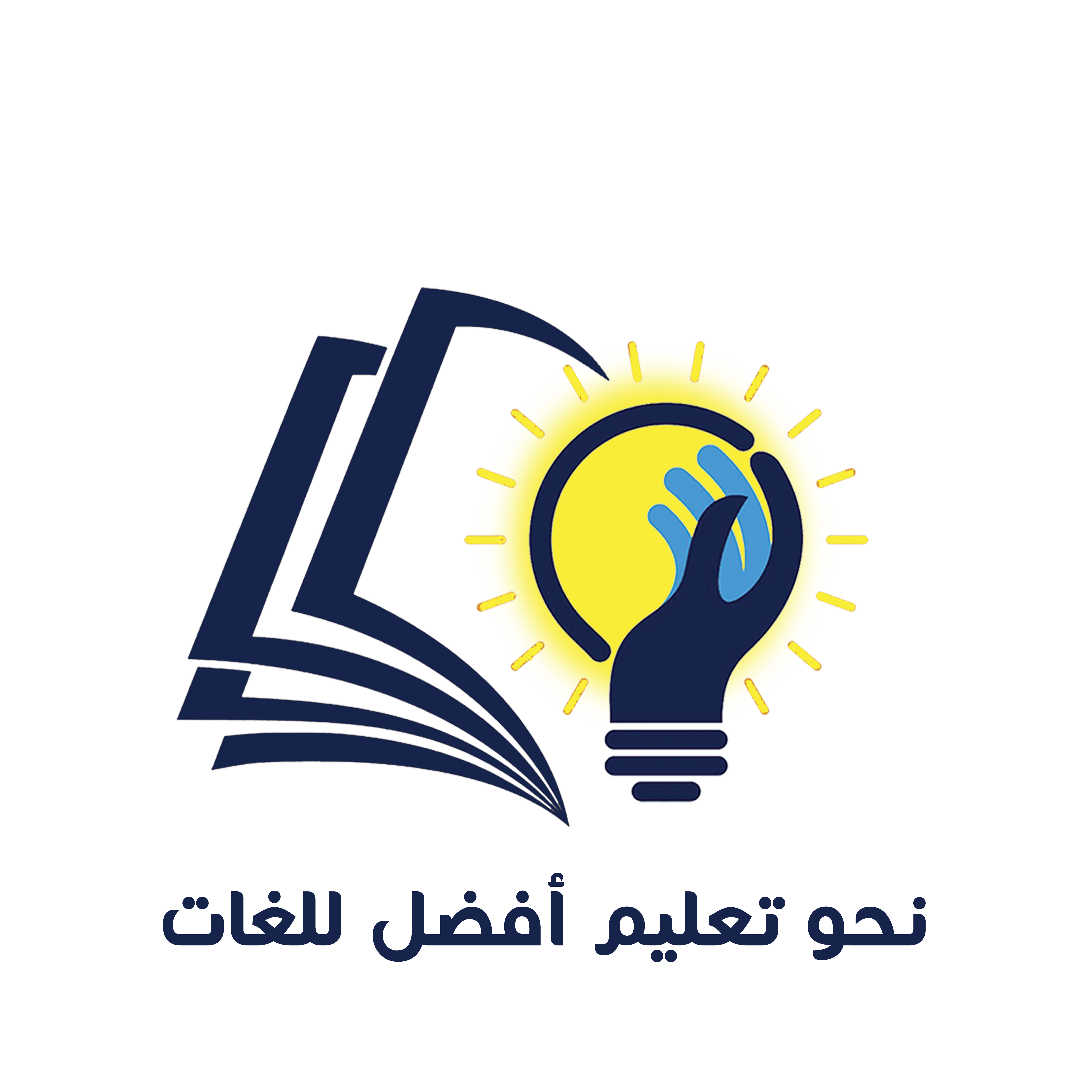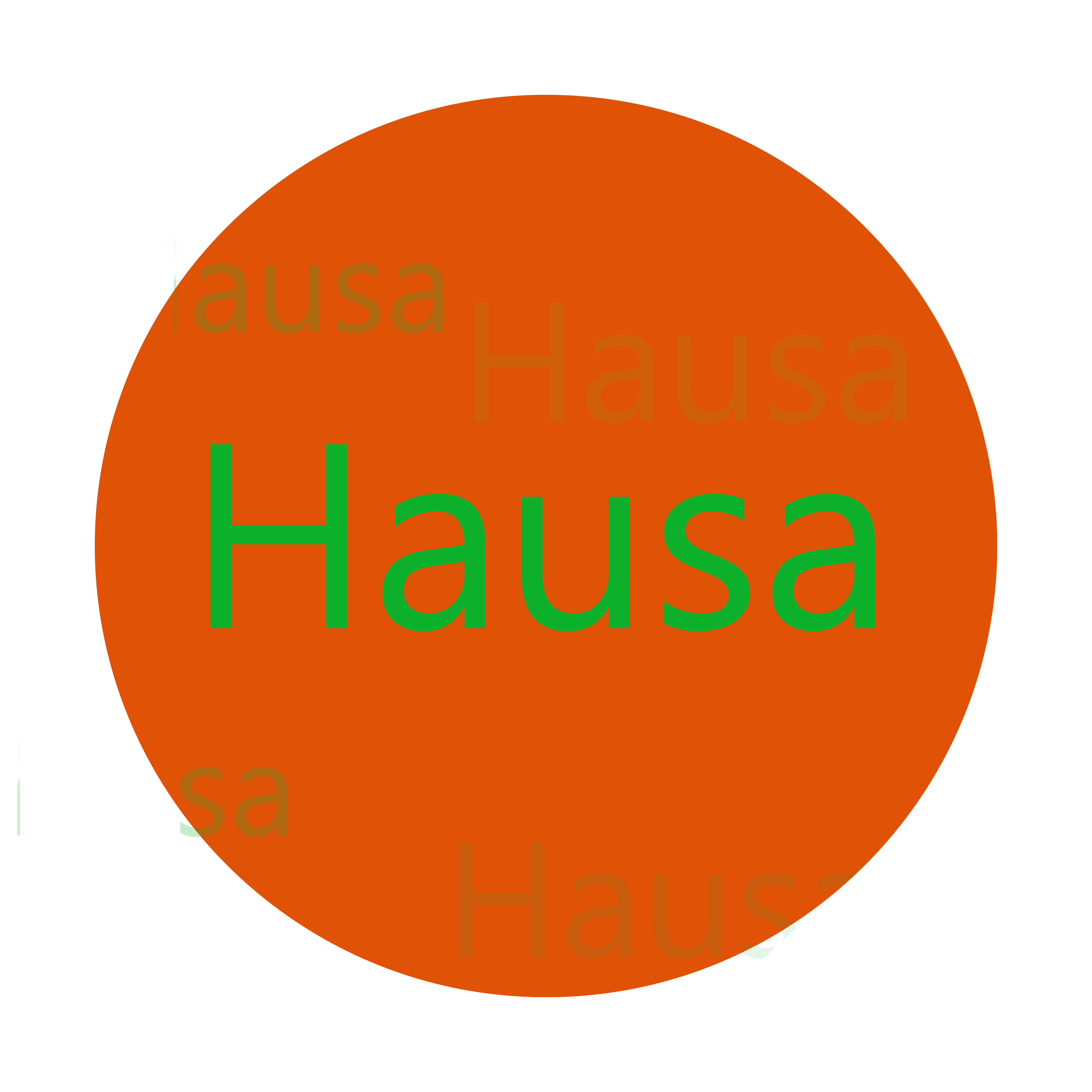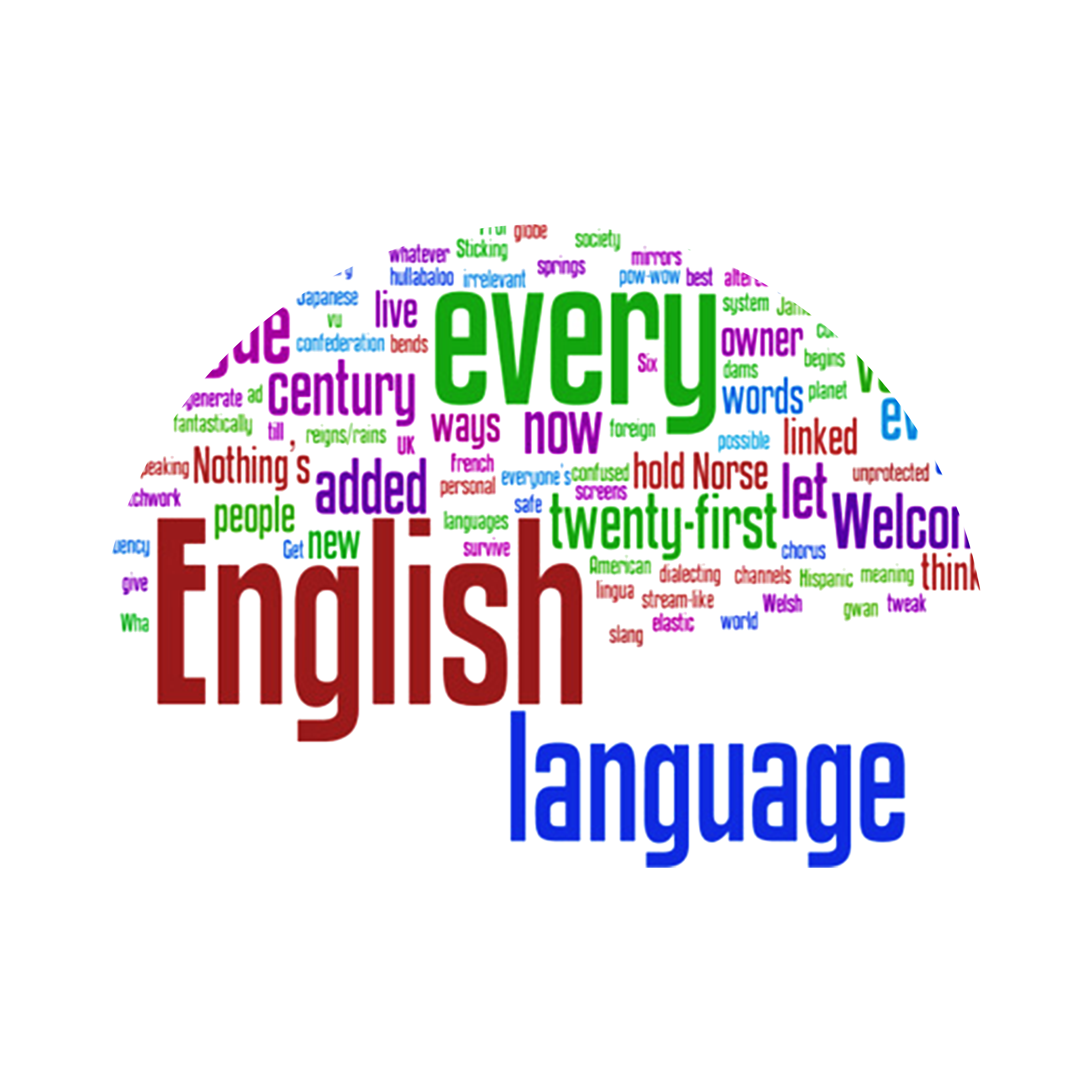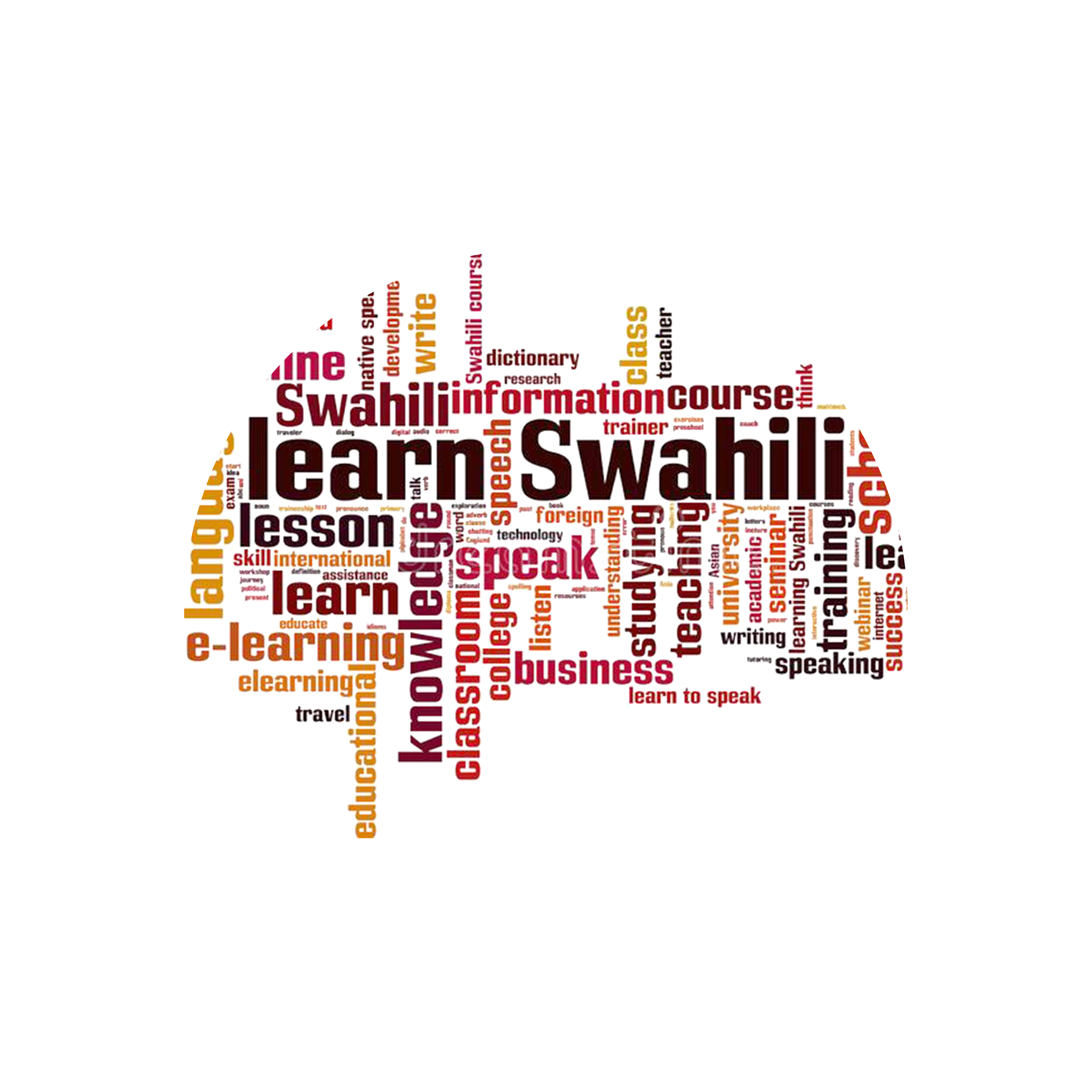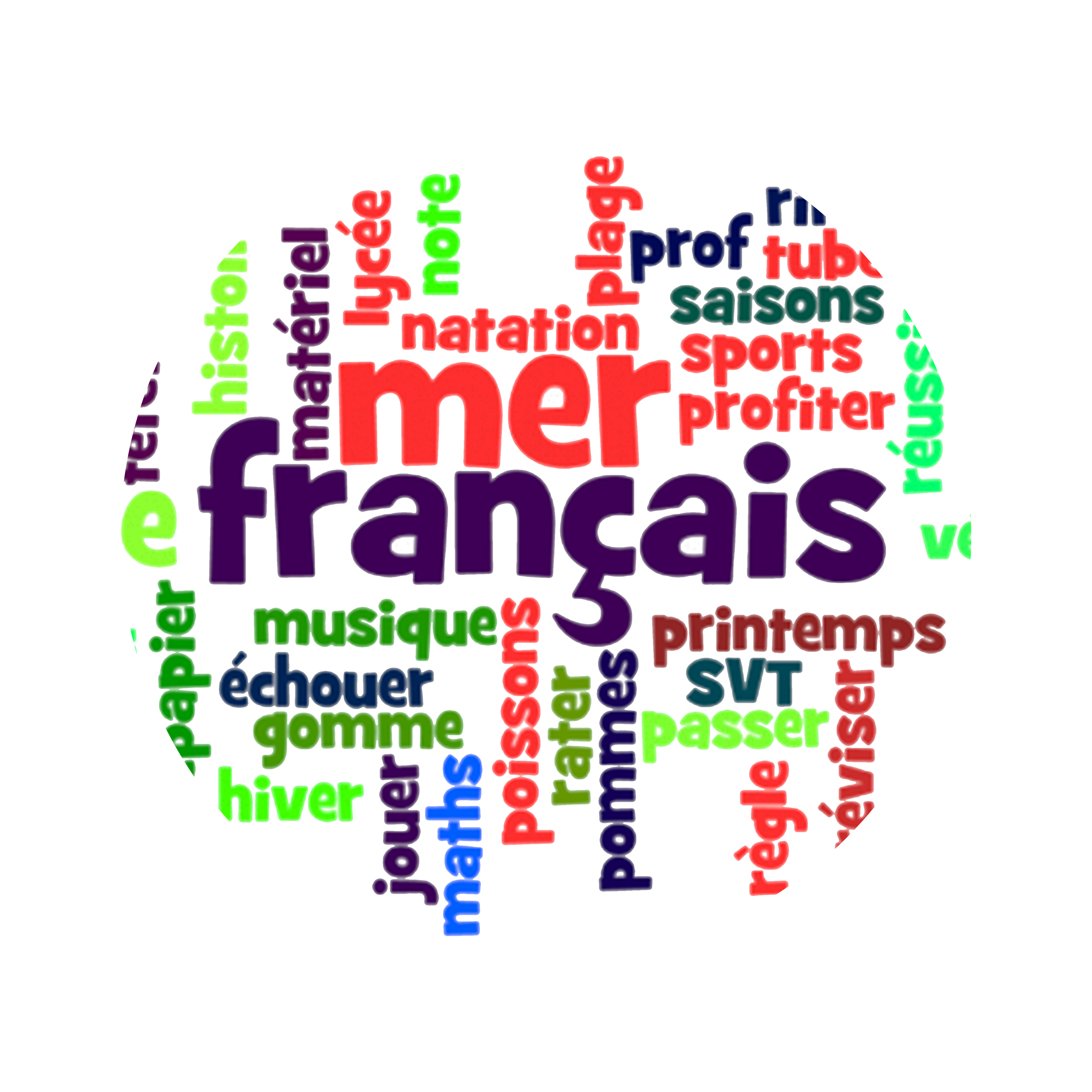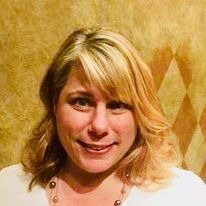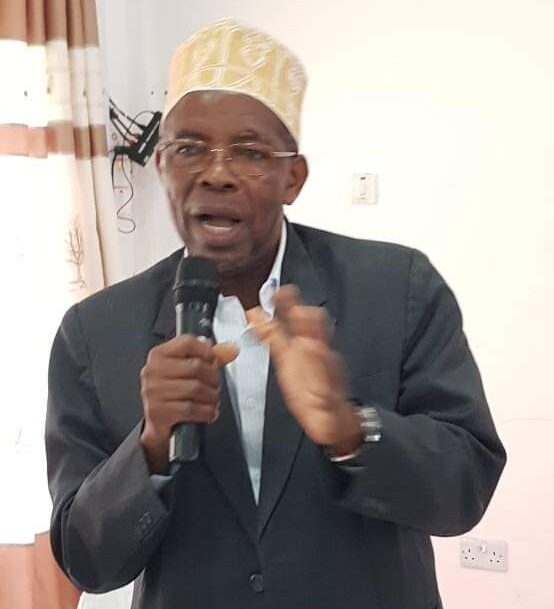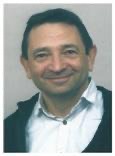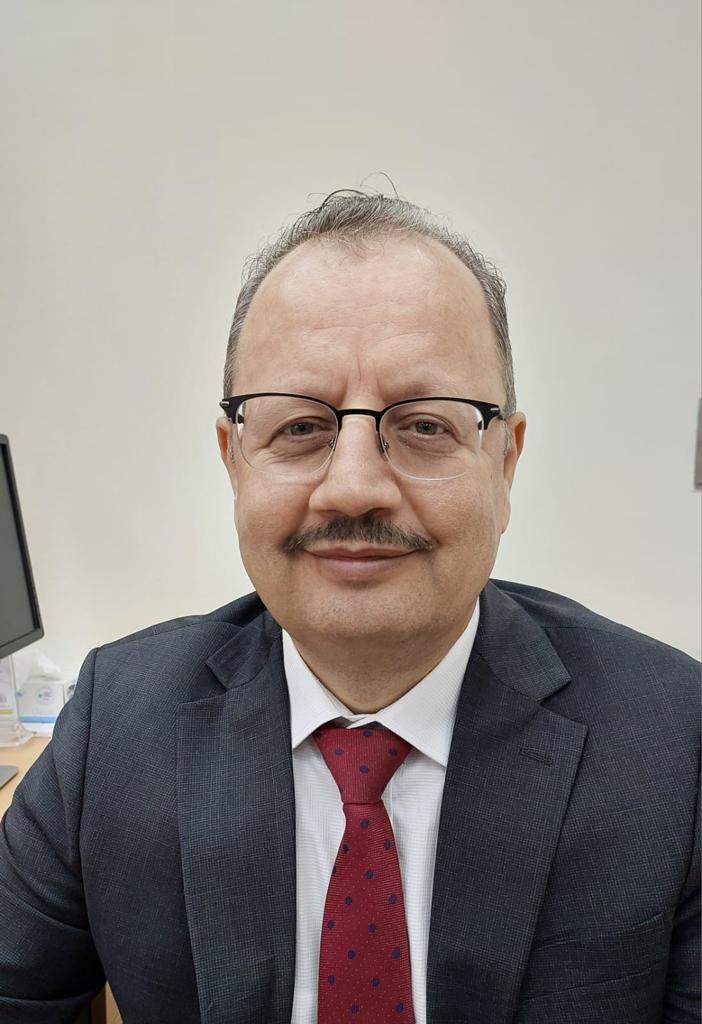The Significance of the Conference
Linguistics is divided into two main branches, theoretical and applied linguistics, but the aspects of similarities between the two branches outweigh the aspects of difference. Since applied linguistics is an interdisciplinary science, it has become necessary to consider the fabric (network) of its relationships. In defining its concepts and monitoring those relationships, applied linguistics mediates language theories and language teaching practice. At the same time, it derives its topics from neighbouring fields of knowledge, such as psycholinguistics, sociolinguistics, theoretical linguistics, and education. Educational linguistics comes at the forefront of branches of applied linguistics in terms of significance which made scholars and researchers pay attention to this branch and grant it special attention in its various aspects.
As for educational linguistics and technology. Technology is no longer just a tool that accompanies the learning process. Rather, it has been able to become a substitute for the language teacher sometimes, and a substitute for the realistic classroom at other times. This change has led to a reconsideration of pedagogical concepts and theories in general, and language pedagogy in particular.
The field of applied linguistics in the Arab World is still groping its pace compared to Western achievements. Therefore, the task of taking care of it is entrusted to the faculties of languages and Arabic language departments in universities.
Finally, this conference will raise a number of issues, raise a number of problems, and evaluate a number of projects. To facilitate language teaching and learning, through the themes that will be presented.
Conference Objectives
-
Presenting the latest academic researches on applied linguistics and the development of language education.
-
Contributing to the progress of language teaching fields via studying and researching the applied linguistics.
-
Encouraging cooperation and academic communication between the specialists in the field of language education locally and globally
-
Providing the specialists and who are interested in education of languages and linguistics in general with the opportunity to benefit from the available experiences of the participants.
-
Knowing the reality of teaching languages, and its future prospects.
-
Receiving any proposals and suggestions regarding the developing of the field of language education
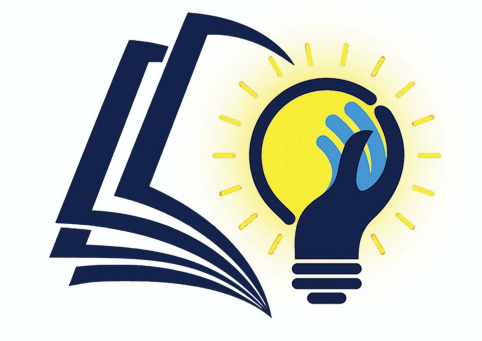
Conference Themes
First: Theoretical approaches to applied linguistics and language teaching
-
.The relation between the applied linguistics and theoretical linguistics
-
.Fields of applied linguistics
-
Educational linguistics and related terms (education, learning and teaching) borders and overlaps
-
Research methods in applied linguistics in general and educational linguistics in particular
Second: Language Education
-
Child education
-
Education for people with special needs
-
Self-learning and interactive teaching
-
.Language levels and enhancing language skills
Third: Second Language Acquisition
-
Linguistic, psychological, social, cognitive, and neurological theories of second language acquisition.
-
.Role of linguistic environments and social contexts in second language acquisition
-
.Individual differences among language learners
-
Description of learners’ language (describing of what language learners say or write during language learning communication)
Fourth: Translation, Dictionary and Terminology
-
.Industry of specialized dictionaries
-
.Translating the term between unilateralism and pluralism
-
.Industry of school dictionaries. (mono, binary and triple)
-
.Discourse analysis and translation of literary and scientific texts
Fifth: Educational Linguistics and Technology
-
.Skills of language teaching and language acquisition with technology
-
.Automatic translation: both verbally and in writing
-
.Electronic dictionaries
-
Teaching language from the real and virtual life (theories, methods and experimental research)
Sixth: Quality Assuring of Language Education
-
.Reviews of language education projects and their used electronic applications
-
.Language teacher and teaching skills
-
.Competency of the interpreter and translator
-
.Evaluation of language questions in the textbooks and the educational process
Seventh: The Reality of Applied Linguistics in the Arab Universities.
The Reality of Applied Linguistics in the Arab Universities
-
.Applied linguistics majors in faculties of languages, education and arts
-
.Projectors and dissertations in applied linguistics
-
Departments of applied linguistics, languages courses in elementary, preparatory and secondary schools
-
Languages policies and language planning in language academies.
Conditions of Participation
The participant should submit his/her paper within the conference’s themes according to the following:
-
Participating research papers must be submitted in Arabic, English, French or African languages (Hausa or Swahili).
-
Research papers must not have been previously published.
-
The participating research should not exceed 15 pages.
-
Research papers are subject to discreet scientific arbitration by specialized arbitration committee.
-
The participating papers should be sent in (word) file according to the publishing regulations of the Journal of Applied Sciences or the Human Sciences at Sebha University.
-
The accepted papers will be published in the Human Sciences at Sebha University, provided that they must present either in person or virtually(online).
The Conference Languages
Important Dates
Submit research
to participate in the conference
Submissions are sent to the conference management system
CMT3
Type of Participation:In person and virtually
The Conference Venue
Languages Centre/ Sebha University
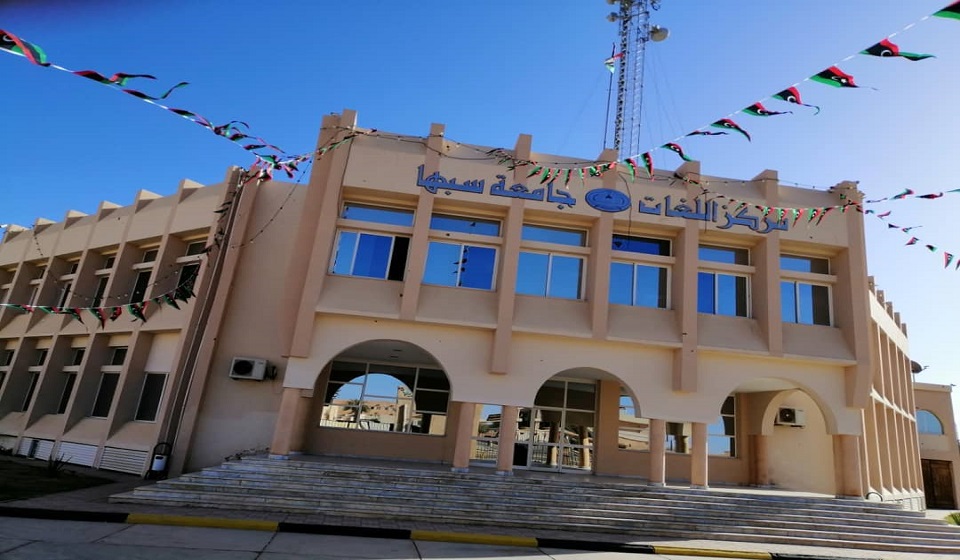
Contact US
For Inquiries and Correspondence:
Telephone number: 0712632540 / 0712630584
WhatsApp Click Here
Conference email [email protected]
WebSite لlanguage centre/Sebha university
On Facebook language centre/Sebha university
